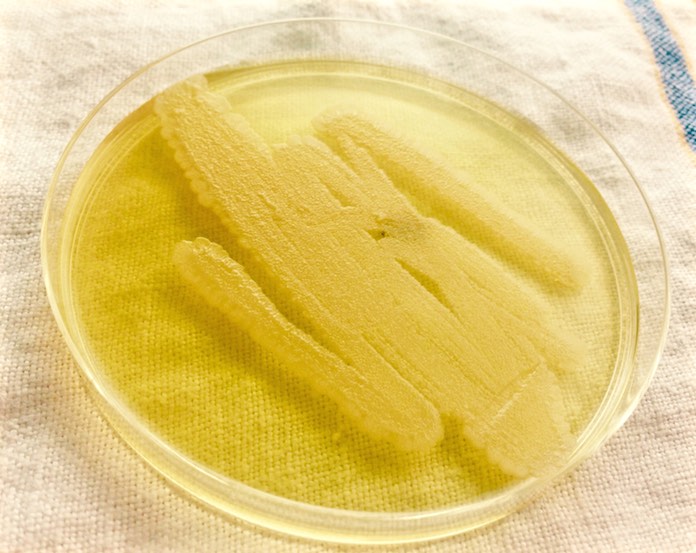A study conducted at Harvard and MIT and published in the journal eLife has discovered one way that bacteria become resistant to drugs. Individual mutations that increase pathogenic bacteria’s resistance to multiple antibiotics has not been fully explored.

About 23,000 Americans die every year from bacterial and fungal infections that are resistant to antibiotics. That number is expected to increase to 10,000,000 by the year 2050 if new, effective antibiotics are not developed.
Scientist cultured the bacteria Mycobacterium smegmatis, a cousin of the bacteria that causes tuberculosis. The scientists grew the bacteria until they formed colonies, and then exposed the colonies to low doses of antibiotics that killed the bacteria slowly. Mutant colonies arose after that exposure.
Individual mutated bacteria carried single mutations in different components of the ribosome, where genes are transcribed by RNA into proteins. The mutations caused large scale changes in the bacteria’s resistant to antibiotics and ability to grow and thrive. The new bacteria kept the mutations even after a few generations had arisen, and the researchers found that the mutations gave the bacteria resistance to several unrelated classes of antibiotics.
The scientists found that mutations in genes that encode ribosomal components confer resistance to several classes of antibiotics, not just the one the bacteria were exposed to. The researchers also found that those mutations enhance survival of the pathogens after heat shock and membrane stress. In other words, the mutations made the bacteria stronger.
The bacteria then showed an advantage in environments that contained many different antibiotics, since they easily developed mutations that made them resistant to other drugs. That means the mutant bacteria can serve as “stepping stones,” the authors called it, toward the development of high level resistance to multiple antibiotics.
Researchers plan to see if this phenomenon occurs in other bacterial species. When scientists understand how bacteria evolve to resist antibiotics, they will better understand how to preserve the usefulness of future and existing drugs.




